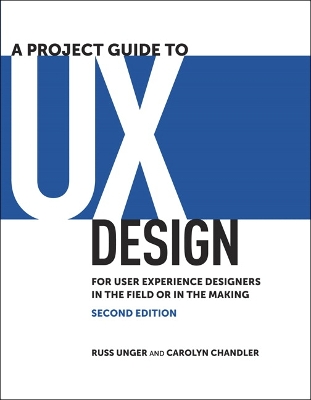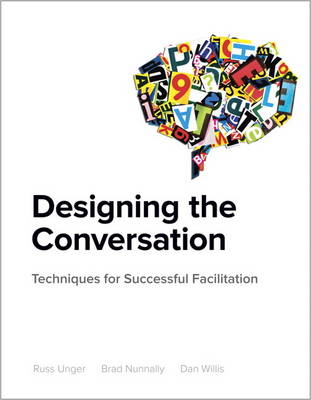Voices That Matter
2 total works
- Recognize the various roles in UX design, identify stakeholders, and enlist their support
- Obtain consensus from your team on project objectives
- Understand approaches such as Waterfall, Agile, and Lean UX
- Define the scope of your project and avoid mission creep
- Conduct user research in person or remotely, and document your findings
- Understand and communicate user behavior with personas
- Design and prototype your application or site
- Plan for development, product rollout, and ongoing quality assurance
Facilitation skills are the foundation of every successful design practice, yet training on this core competency has been largely unavailable—until now. Designing the Conversation: Techniques for Successful Facilitation is a complete guide to developing the facilitation skills you need to communicate effectively and design fully engaging experiences. Learn to take control as Russ Unger, Brad Nunnally, and Dan Willis show you how to use your skills as a facilitator to deftly extract information from different types of people in various scenarios and address any problems and needs that arise along the way.
With this book, you will learn how to:
- Bring together different cross-functional project teams, stakeholders, and clients while balancing their needs, goals, and requirements with those of users
- Prepare for activities through agenda setting, planning for different types of personalities, and identifying the method of practicing that works best for you
- Perform group facilitation in workshops, brainstorming sessions, and focus groups
- Manage individual facilitation activities through interviews, usability testing, sales calls, and mentoring
- Conduct one-to-many facilitation activities such as presentations, virtual seminars, and lectures
- Understand how to manage Q & A from audiences of all sizes

